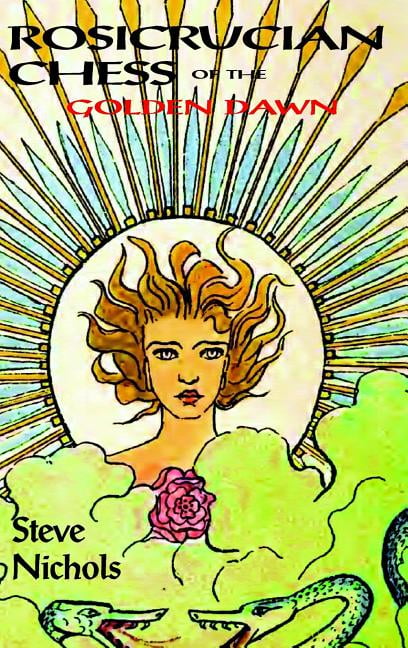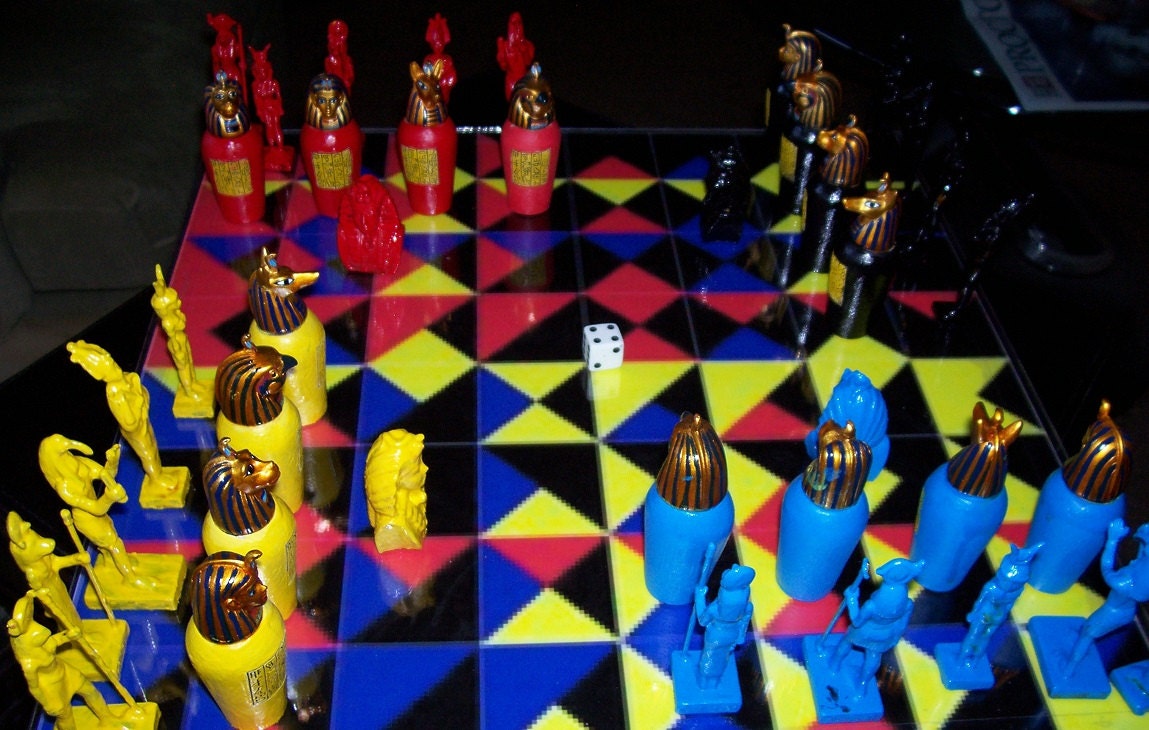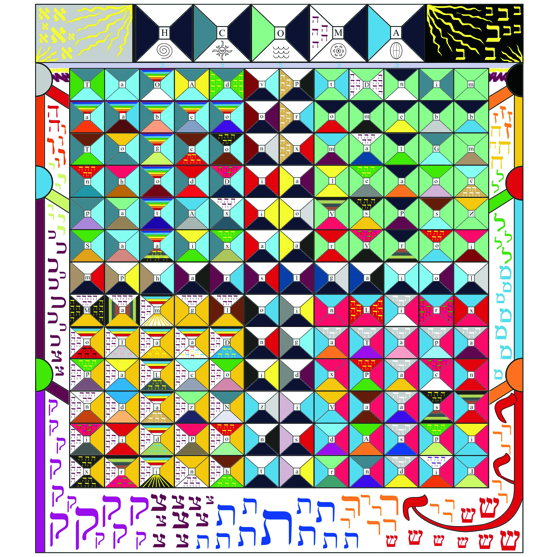

The astrological modifier and its expression through a concrete tool of turn-by-turn gameplay is one example of a metaphysical system of celestial influence and its conjunction with a game mechanic. screen) includes a pentagram-shaped dial with windows that can be placed over a complex astrological table in order to calculate the modifier every time that a spell is cast. The system is sufficiently complex that a Game Master's Veil (i.e. One example of intertwined metaphysics and mechanics is *Nephilim*, the French game of "occult roleplaying" alluded to in last week's blog entry.Īmong *Nephilim*'s many interesting mechanics is a modifier that changes the effect of a given spell according to the astrological signs associated with hours and days of the week as they interact with various elemental correspondences.

How, then, could mechanics and metaphysics be intertwined? The conjunction between the rules and affordance of a game with its philosophical implications can sometimes best be observed in non-digital games, in which the skeleton of mechanics tend to be unobscured by moving graphics and sound.


Then, the hardcore gamers will tend to have the greatest, deepest grasp of the game's metaphysics because they stand to benefit most from such a comprehension. A designer who aims to enrich her magic system through the introduction of metaphysical profundity will want to unify metaphysics and mechanics so that the understanding of esoteric concepts will improve a given player's ability to succeed in the game. Yet, a magic system that pushes its metaphysics to the peripheries of its art style and narrative is taking the easy way out, with the result that hardcore players will tend to ignore what they regard as mere flavor and fluff in favor of the mechanics through which they can gain concrete strategic advantage. Since a magic system simulates the alteration of reality by the will through the agency of metaphysical forces, all of the components of a magic system (such as visuals and audio) should ideally be pervaded by the metaphysics that the system is designed to simulate. A magic system is the sum total of its mechanics, interface, visual art, audio, narrative, and mythology, because a game is defined by its experience and experience consists in all of these components.


 0 kommentar(er)
0 kommentar(er)
